Should I Consolidate My Debt?
This calculator helps you determine whether you should consolidate your debt.
In aggregate, U.S. consumers now hold $12.84 trillion in debt. The average U.S. household credit card debt is $16,883, and the average student loan debt is over $50,626.
It’s not surprising, then, that many households are now evaluating debt consolidation as a way to help manage this mountain of debt. Simply put, debt consolidation involves taking out one larger loan to extinguish many smaller loans.
Consumers typically take out debt consolidation loans to lower their interest rate, lower their monthly loan payments, or shorten their payoff period. A common tactic to lower interest rates is to consolidate multiple unsecured credit balances (typically in the form of high-interest credit card balances) into a secured debt consolation loan. These loans are secured by an asset owned by the borrower that is used as collateral for the loan (generally a house).
Debt consolidation loans can come in many flavors. Sometimes, these loans are used to consolidate multiple loans of a common type, such as student loans. Other times, a debt consolidation loan is used to pay off many different categories of debt, including not only student loans, but also credit card balances, auto loans, etc.
When evaluating whether or not to consolidate debt, you need to carefully examine whether a debt consolation loan will help you achieve your financial objectives, or simply make your debt situation worse. Debt consolation can help lower your monthly payment burden, but it does nothing to address the issues that created the overall debt burden in the first place. Only careful financial planning and management can address the root causes of this burden. If at all possible, you should consult with a financial planning expert that can help you develop a solid financial plan for your future.
The link below will take you to a Debt Consolidation Calculator that can help your begin you analysis. While this will provide some general direction, it is always wise to seek advice from a professional financial advisor to make a final decision as to which is the best option for you.
QUESTIONS & ANSWERS - COMPLIMENTS OF CONSUMER FINANCIAL PROTECTION BUREAU (CLICK FOR ANSWERS)
What is a credit card interest rate? What does APR mean?
What is the difference between a fixed APR and a variable APR?
How can I safely consolidate my credit card debt?
What should I do if I can’t pay my credit card bills?
What is a "daily periodic rate?
I can’t figure out how they calculated the amount of interest I owe. How does that work?
I noticed that the interest rate on my card went up last month without any notice. Can they do that?
